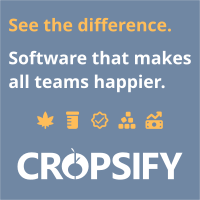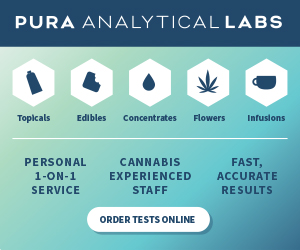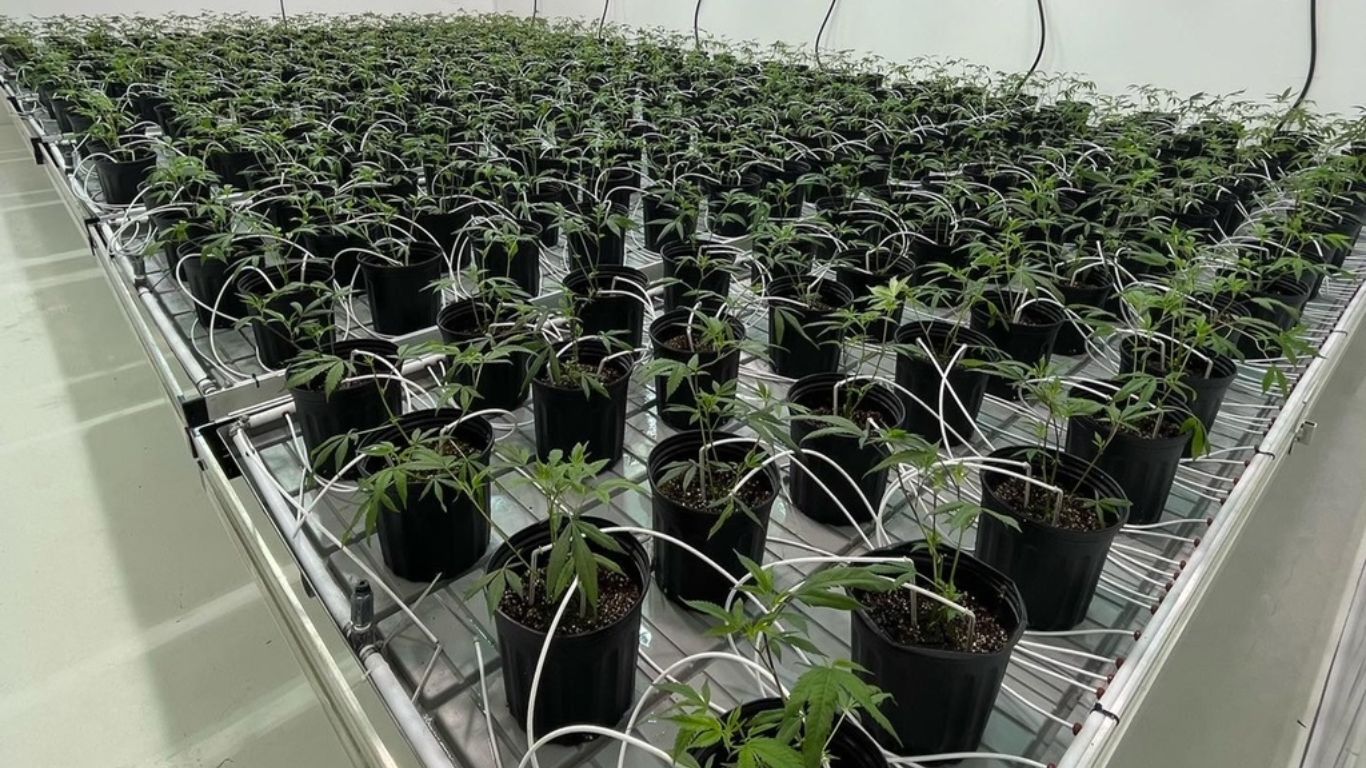
Health Canada is seeking feedback on potential amendments to the Cannabis Regulations around licensing, security measures, production and packaging and labelling requirements, and record-keeping for licence holders.
In a 60-day notice of intent published on Friday, March 24, the federal health authority that oversees the cannabis file said it’s considering potential amendments to the Canadian Cannabis Regulations that would seek to streamline and clarify existing requirements, eliminate inefficiencies in the regulations, and reduce administrative and regulatory burdens where possible.
The notice also points out that this proposal is separate from the current legislative review of the Cannabis Act, which is primarily focused on the societal impacts of cannabis legalisation rather than a regulatory review.
The industry is, so far, responding positively to the announcement. Tom Ulanowski, Chair of the C-45 Quality Association, an industry organization focusing on quality assurance, says he hopes stakeholders take their time to respond to this process.
“The C-45 Quality Association is pleased with Health Canada’s recent initiative to seek feedback on potential amendments to the Cannabis Regulations, aimed at reducing regulatory burdens in areas such as licensing, physical security measures, production, packaging/labelling, and record-keeping.
“Our organization has been actively engaged in dialogue with Health Canada since 2019, striving for continuous improvement in the regulatory landscape. The areas listed for comment by Health Canada align with the feedback previously provided by the C-45 Quality Association. We believe there are a number of improvements that can be made to the Cannabis Regulations while continuing to meet the public health and public safety objectives in the Cannabis Act. We urge all industry stakeholders to contribute constructive feedback, particularly when many licence holders face operational and financial challenges.”
George Smitherman, president and CEO of C3, a cannabis industry association in Canada, also says he is pleased with the announcement, which reflects the input C3 and others have provided to the government.
“Great to see the Gazetting of Health Canada’s intention to move this administrative regulatory change forward. C3 proactively initiated the development of a monthly list of such proposed changes and we are delighted to inform this going forward. We enjoyed the collaboration of C45 Association and AQIC on the first submission.”
Dan Sutton, the CEO of Tantalus Labs, a cannabis producer in BC, who has also been helping to lead the charge for excise tax reform in the industry, says he’s heartened by this notice.
“It’s exciting to see various stakeholders and the regulator coming together to streamline and deliver regulations that more effectively balance operational complexity with public health and safety outcomes. Canada’s cannabis legalization now has a long-standing track record of meeting and exceeding public health and safety targets, so leaning into efficiencies in regulatory processes such as these is the next step to the delivery a healthy, self-sustaining industry.”
While the government is seeking feedback from industry stakeholders until May 24, 2023 on five key topics, they also encourage feedback on regulatory measures “that may be duplicative, redundant, or particularly onerous, and where there are opportunities to promote efficiencies” that do not comprise public health and public safety.
Licensing
The first area they are seeking feedback on is the federal licensing process for commercial production.
- Are there any activities with cannabis that are not currently authorized under existing licences that could be authorized? What specific activities, for which classes of cannabis, and for what classes and subclasses of licences? How would such changes streamline the regulations or lead to greater efficiencies?
- Are there any activities with cannabis that organizations should be able to carry out without the need to hold a licence or permit (for example, possession of small amounts of licit cannabis for the purpose of laboratory research)? What specific activities and for what classes of cannabis? What measures, including regulatory requirements, should apply to mitigate public health and public safety risks?
- What measures could be taken to increase flexibility for licensed cannabis processors and to reduce the burden on the Quality Assurance Person (QAP)?
Personnel and physical security measures
The industry has long complained that some federal personnel and physical security requirements are too onerous and often unnecessary. Health Canada is seeking feedback on which specific aspects of these requirements stakeholders would recommend changes to.
- Are there personnel security requirements that could be changed without increasing the risk of diversion or inversion of cannabis? What specific requirements, and for what classes and subclasses of licences? Why or why not?
- Are there physical security requirements that could be changed without posing a risk to public safety (for example, no visual monitoring during “off-season” for outdoor cultivation)? What specific requirements, and for what classes and subclasses of licences? Why or why not?
Production requirements for cannabis products
The Cannabis Regulations also include very strict requirements for cannabis products, such as microbial and chemical contamination limits and prohibited ingredients.
Health Canada says it has heard from stakeholders that some of these product requirements are too strict compared to other regulatory frameworks, such as those for medical devices or cosmetics.
As such, Health Canada is also considering regulatory changes for some product requirements that would remove some unnecessary burdens for the industry while still maintaining public health and safety.
Are there any changes to the current production requirements that could create efficiencies for holders of a micro-cultivation or micro-processing licence?
- Are there regulatory requirements from other relevant control frameworks, such as those for food, vaping products, or cosmetics, that Health Canada should consider? Why or why not? For which classes of cannabis?
- Are there specific production requirements that could be changed or eliminated for licensed processors that are limited in what activities with cannabis they are authorized to undertake (for example, only authorized to store cannabis products)? Which requirements, and under what circumstances?
- Should the limits on the maximum quantity of delta-9-THC contained in a cannabis product (by container and ingestible unit) apply to the sum total of all intoxicating cannabinoids found in the product? Why or why not? How could such a requirement be established in an efficient manner that is simple to comply with?
Packaging and labelling requirements for cannabis products
The Cannabis Regulations also set strict requirements around product packaging and labelling for cannabis. Again, Health Canada notes stakeholder feedback highlighting that some of these requirements are unnecessary and make operating a legal cannabis business difficult.
- Should Health Canada consider amending packaging requirements for dried and fresh cannabis?
- Are there labelling requirements that could be changed without public health or safety impacts? What required information should remain, and what information could be removed? Why or why not?
- Do you have any suggestions for simplifying the requirements to include delta-9-THC and CBD content information on product labels?
- Should the requirement to include delta-9-THC content information on product labels apply to the total of all intoxicating cannabinoids, such as delta-8-THC? Why or why not? How could such a requirement be established in an efficient manner that is simple to comply with?
- Are there other packaging and labelling requirements that Health Canada should consider for a regulatory amendment? Why and what is the current impact of these requirements on licence holders and consumers?
Record keeping and reporting for cannabis licence holders
Paperwork within the cannabis industry is notoriously onerous, sometimes taking up the bulk of a company’s workload. As such, the federal regulator is also seeking feedback on this subject.
- Are there record-keeping or reporting requirements for micro-class licence holders that could be reduced without affecting public health and public safety? If so, which requirements and why? What is the current impact of these requirements on micro-class licence holders?
- Should Health Canada remove the requirement to provide a promotion expenditure report to Health Canada? Why or why not?
- Should Health Canada remove the requirement to maintain a record of key investors? Why or why not?
- Do you have any suggestions to improve the efficiency of the requirement for licensed processors to provide Health Canada with advance notice of a new cannabis product?
- Are there other requirements that could be adjusted for record-keeping and reporting?
Stakeholder feedback can be directed to [email protected] with the subject line: Notice of Intent — Consultation on Potential Amendments to the Cannabis Regulations.












